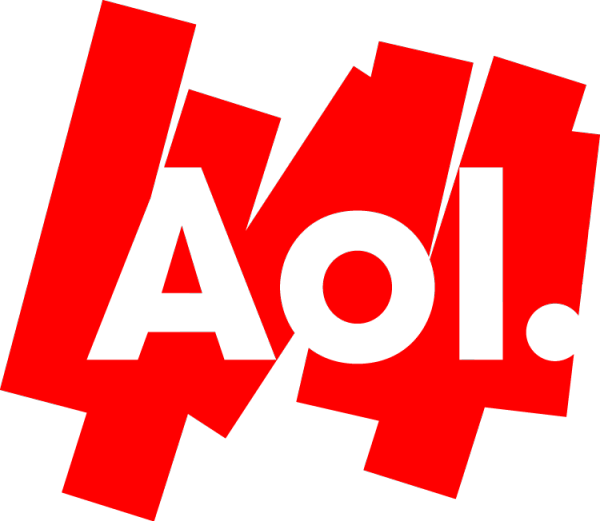Verizon To Buy AOL For More Than $4B, Extend Into Digital Advertising, Video
- Fahad H

- May 12, 2015
- 2 min read

As you’re already aware, Verizon Communications is buying AOL for roughly $4.4 billion. The deal makes a lot of sense for the US carrier and cable provider because it will give Verizon digital video properties and distribution as well as online and mobile advertising assets.
If it can be boiled down the deal is about “over the top” distribution of video, mobile and programmatic (video) advertising and the ISP business. In terms of all three areas it’s a good move for Verizon. AOL CEO Tim Armstrong, who will stay on after the deal closes, says it will be good for AOL and its employees.
The deal must still be approved by federal regulators. But there shouldn’t be a major problem with regulators. It also means there won’t be any Yahoo-AOL merger.
The announcement immediately calls to mind the failed 2000 merger between TimeWarner and AOL, which was valued at more than $160 billion. This is a different deal.
Verizon is a phone company at heart with three businesses: wireless, wireline service and FIOS (TV/internet). Long term, the company is facing declining wireline revenues and limits to its wireless growth. Despite numerous and varied efforts wireless carriers have largely not been successful getting into mobile advertising and content.
Verizon’s latest mobile advertising effort was the infamous, privacy busting “super cookie.” The company was forced to back-pedal and offer consumers an opt-out option after considerable negative attention and public criticism. However, now with AOL, Verizon will have a complete profile and potential 360 degree view of users: online, mobile and TV/video.
The acquisition is likely to be approved but we will probably see privacy advocates raise tracking concerns as a potential objection to the deal, given Verizon’s past behavior.
As a stand-alone company AOL’s future was a bit uncertain. The company has had limited success reviving its corporate brand though it has many known subsidiary brands. It has been successful, however, in developing new digital platform and especially video and programmatic advertising assets.
The deal also gives CEO Tim Armstrong his long-awaited exit and delivers a range of content properties to Verizon that include TechCrunch, HuffingtonPost, Mapquest and Engadget.




Comments